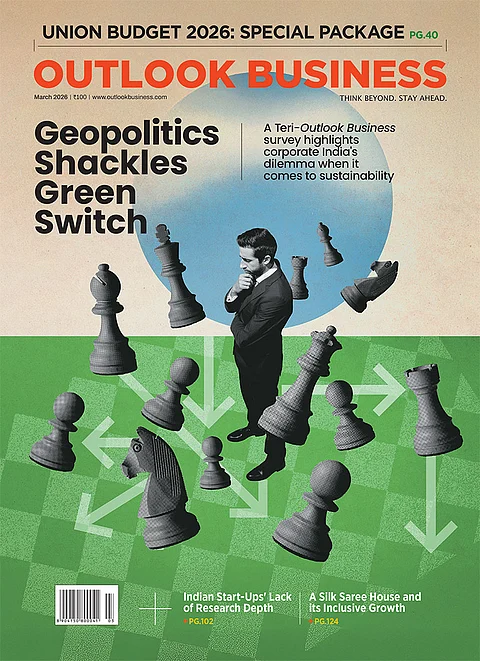In the age of revolution, the advent of artificial intelligence has paved the way for numerous opportunities across different industries. Non-profit organisations have also incorporated the use of artificial intelligence to optimise their operational efficiency with limited resources, allowing them in reducing both costs and time to conduct fundraising activities such as lead generation, funder engagement, and funder reporting.
Research indicates that around 87 per cent of surveyed non-profits are expected to increase expenditure on digital engagement over the next two years, further enabling organisations to streamline their fundraising operations.
Non-profits could leverage AI tools for fundraisers in the following ways:
Creating social media campaign ideas: At a time when the entire world is virtually online, social media plays a pivotal role in fundraising opportunities. Tools like ChatGPT and Canva have enabled organisations to create content in less than a minute. To ensure a unique perspective for social media content, providing sufficient background information to the tools generating captions, such as the key messages and the target audience for the post could enable organisations to stand out on social media. For more advanced social media users, there are also various AI-powered tools available for tasks such as optimising social media ads, generating video content, identifying suitable influencers for collaborations, and conducting sentiment analysis.
Re-drafting content for proposals: Executives of non-profits frequently create pitches about their organisation's work, often resulting in sounding repetitive or struggling with writer’s block in finding new ways to describe it. Depending on the thematic area of the funder, the description of the problem and the solution needs to be changed slightly.
This is where using AI writing tools to re-draft one's content from one proposal could help create suggestive content for another, resulting in quicker, more refreshing content. However, a note of caution here is that AI tools are not optimal for providing factual information and, thereby, should be avoided as a source of statistics or other facts for proposals.
Analysing data for impact reports: Every funder wants to know if their grant helps a non-profit achieve the required impact. Collecting data has its challenges, but analysing it is time-consuming, too. ChatGPT enables users to help with the process by refining codes in analytical languages like Python, while also providing abundant opportunities for data science in non-profits.
Identifying relevant funding opportunities: Lead generation is a critical step in fundraising, and numerous databases offer a list of fundraising opportunities. However, sifting through them can take time and effort. AI tools like Chat GPT enable users to upload files – such as a potential funder’s Corporate Social Responsibility report – and quickly extract data about their key projects, focus areas, and typical grant size. An alternative approach is to engage an intern or associate to peruse such databases and identify the relevant opportunities.
In the past, the time required to onboard such a team member could negate the time saved by delegating this task to them. With the help of AI tools, a non-profit can easily compile content for onboarding such interns, such as a document summarising the fundraising process, keywords from the non-profit's recent proposals/website, and the optimal method for documenting relevant opportunities.
Predicting donor behaviour: To ensure successful fundraising campaigns, it is imperative to identify the apt donors and predict their behavioural patterns for the organisation’s cause. AI tools can enable non-profits to process donor data basis their expenditure patterns, interests, and demographics to analyse the most suitable approaches and ensure robust results.
The apposite use of AI tools has proven to be a game-changer for non-profits. Although artificial intelligence seems like a daunting field, the abundance of resources can optimise an organisation’s efficiencies and enhance the entire process, from lead generation to donor engagement.
Authored by Archana Sinha, Co- Founder and CEO, Nourishing schools Foundation




























